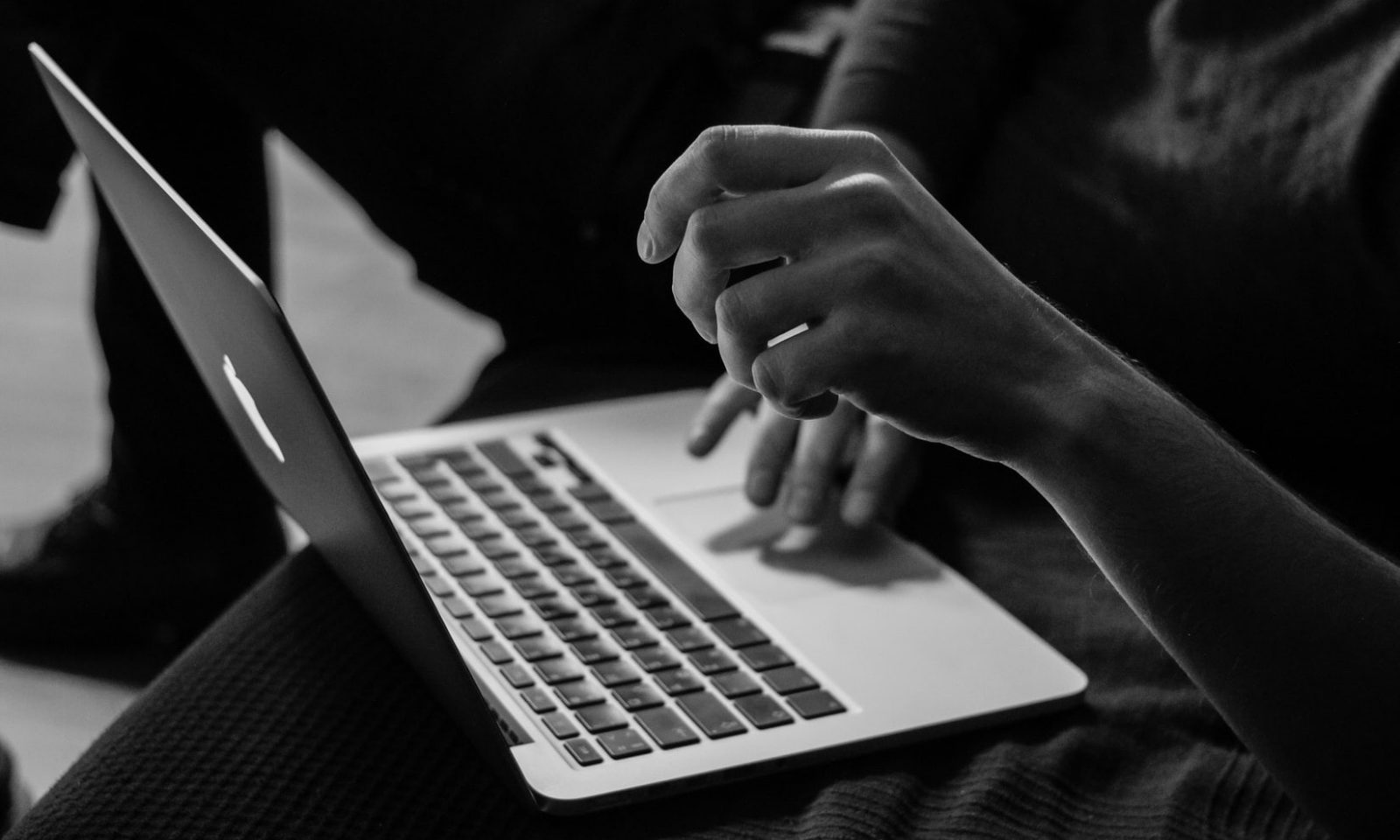Germany set a standard on implementation of Art. 17 of the DSM directive
On 19 of May, 2021, the German Bundestag adopted the law implementing the provisions of the DSM directive into German law. The German implementation law is one of the most ambitious implementations of the DSM directive especially with regards to the way it implements the provisions of the controversial Art. 17 of the DSM directive, and it is also the first law that contains an actual mechanism that the platforms can implement.
The implementation of Art. 17 of the DSM directive will contain an ex ante mechanism designed to ensure that the use of upload filters do not result in the blocking of user uploads which do not infringe copyright. This is in accordance with Art. 17(7) of the DSM Directive. The German implementation relies on the concept of “uses presumably authorised by law”, which must not be blocked automatically. According to the concept, in order for an upload to be “presumably authorised by law” and not blocked automatically, it needs to fulfil the following cumulative criteria:
The use must consist of less than 50% of the original protected work,
The use must combine the parts of the work with other content, and
The use must be minor (a non-commercial use of less than 15 seconds of audio or video, 160 characters of text or 125 kB of graphics) or, if it generates significant revenues or exceeds these thresholds, the user must flag it as being covered by an exception.
You can read more about the implementation of the DSM Directive here.
German implementation certainly sets a new standard for transposing the DSM directive into national legal orders. It will be interesting to see whether other countries, including Slovenia, will take German implementation as an example and whether they will take the courage to implement the DSM directive before the adoption of the guidelines by the European Commission, and implement it by 7 June 2021.
The Grand Board of the European Union Intellectual Property Office (EUIPO) finally ruled that the figurative sign ‘COVIDIOT’ cannot be registered as an EU trademark.
The 4th Open Knowledge Day took place on Tuesday 17 October 2023, with an accompanying workshop on 18 October 2023. This year it was organised by the Open Data and Intellectual Property Institute (ODIPI) and supported by Knowledge Rights 21 (KR21).
We invite you to the fourth Open Knowledge Day and the workshop, which will take place this year within the framework of the programme and with the support of Knowledge Rights 21. The event will bring together experts from different European countries to discuss two topics: the first part will deal with the legal basis for data analytics, which is a key part of machine learning and related artificial intelligence, and the general exception for research. In the second part, open science in theory and practice will be presented both in Slovenia and in some Western Balkan countries. Representatives of research and educational institutions from Slovenia and the Western Balkan countries, as well as interested members of the public, are invited to attend.
Dr. Maja Bogataj Jančič, a renowned expert in copyright law, has joined the Berkman Klein Center for Internet & Society at Harvard University, where she will serve as an affiliate researcher for the next two years.





